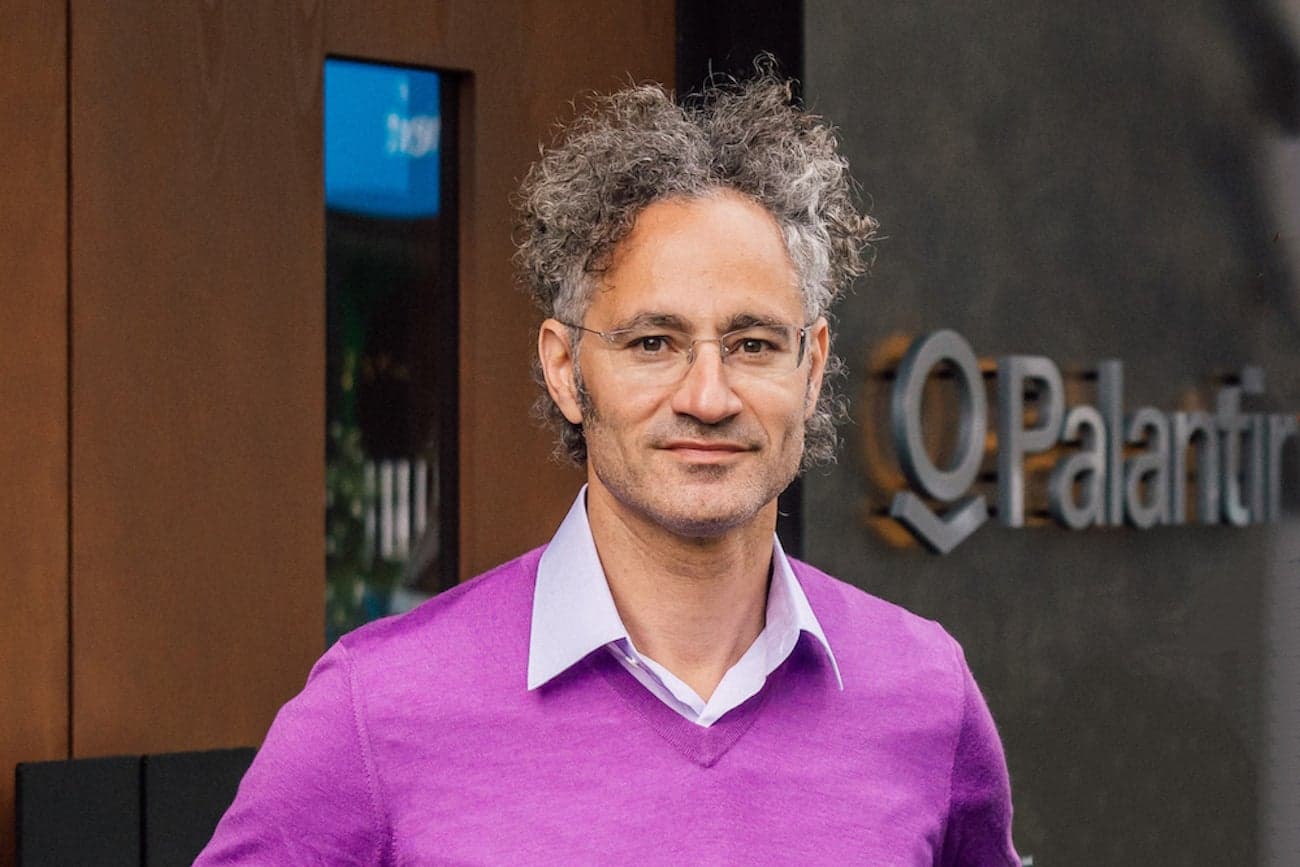Palantir CEO Alex Karp Vehemently Denies Building US Citizen Database, Cites Civil Liberties Protection

Alex Karp, CEO of Palantir Technologies, has strongly refuted claims that his company is involved in creating a database on U.S. citizens, asserting that Palantir's technology is inherently designed to protect civil liberties. During a recent "All-In Podcast" conversation with David Sacks, Karp addressed the long-standing privacy concerns surrounding the data analytics firm.
"We’ve never done anything like this," Karp stated emphatically, adding, "We’re the single worst technology to use to abuse civil liberties." He further criticized those who voice opinions without practical experience, saying, "Don’t trust anyone who’s never built anything. All these fucking opinions…"
Palantir, co-founded by Karp and Peter Thiel, has consistently maintained that its platforms, such as Gotham and Foundry, are built with privacy and civil liberties engineering at their core. The company asserts that its software incorporates safeguards like immutable logs and granular access controls, making it difficult to misuse data for surveillance. Palantir's official stance emphasizes its commitment to responsible data usage and ethical considerations.
Despite these assurances, Palantir has faced persistent scrutiny, particularly regarding its extensive contracts with U.S. government agencies, including the Department of Homeland Security and the Pentagon. Reports have surfaced alleging the company's role in efforts to consolidate disparate federal data sets, which critics argue could lead to a "mega-database" of American citizens. Palantir has previously dismissed such allegations as "blatantly untrue."
The company's work with government entities, including U.S. Immigration and Customs Enforcement (ICE), has drawn criticism from privacy advocates and some former employees. These groups express concerns that Palantir's technology, while powerful for data analysis, could facilitate surveillance and infringe on individual rights if not rigorously controlled. Karp, however, maintains that Palantir actively refuses requests that would compromise its ethical principles.
Palantir's financial performance continues to grow, with significant revenue from government and commercial contracts. The company's stock has seen substantial gains, indicating investor confidence despite the ongoing public debate surrounding its data practices and the ethical implications of its advanced platforms. The discussion between Karp and Sacks underscores the ongoing tension between technological capability, national security needs, and the imperative to safeguard individual privacy.